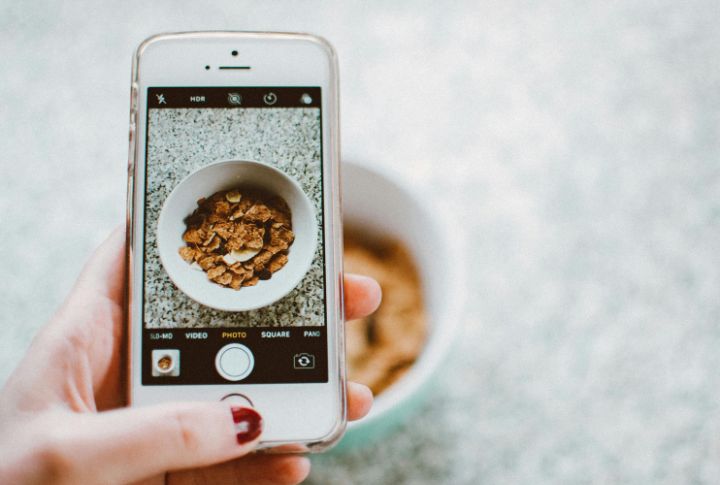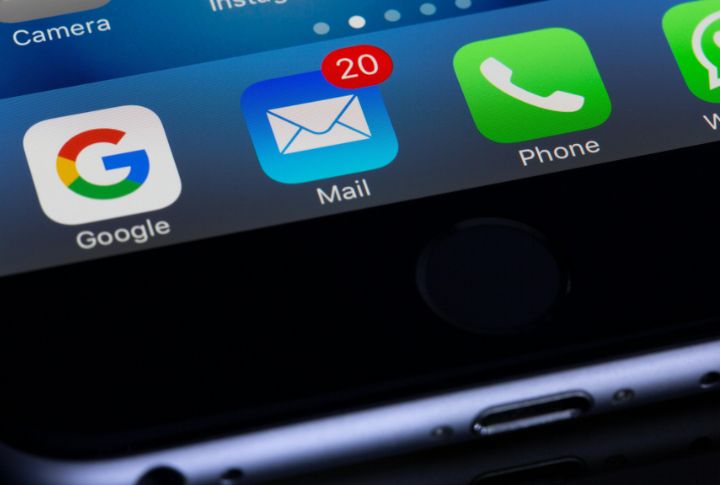
Modern ways like Digital RSVPs and relaxed dress codes are reshaping social norms. These shifts reveal how convenience and inclusivity have changed interactions. However, boomers often scratch their heads at those etiquettes that younger generations welcome without question. Here are ten such changes that have left etiquettes up for debate.
Texting Instead of Calling

With texting, boomers often feel sidelined. They crave the warmth of real-time conversations. However, “Call me later” has morphed into “just text me.” Statistics show that over 70% of modern generations prefer texting for non-urgent communication. It’s faster and less intrusive.
Splitting the Bill to the Cent

Dining out now feels like a math class with apps calculating every dollar. Younger diners insist on fairness, using Venmo or Zelle to cover their exact share. Older adults who favor taking turns or splitting evenly often find this approach overly meticulous and coldly transactional.
Digital RSVPs

Seniors often miss the joy of opening a mailed invite because cards were practically antiques back in time. Today, online invitations through platforms like Evite or social media have taken over. They’re convenient and eco-friendly but lack the personal touch of handwritten replies.
Avoiding Unannounced Visits

“Just dropping by” is no longer welcome. Doorbell cameras and text alerts have replaced spontaneous visits. People now value scheduling everything, even casual meetups. For oldies, the loss of unplanned social calls feels like a blow to the spontaneity of friendships.
Limiting Small Talk

Conversations today focus on depth over pleasantries. Instead of weather chats, new generations dive into passions, struggles, or social issues. Boomers sometimes view this shift as overly intense, yearning for lighter, easy-going exchanges that break the ice or fill silent moments.
Taking Photos Before Eating

Social media aesthetics demand perfect plating, leaving seniors bewildered by the delay. The camera eats first these days! Over 45% of millennials admit they snap their meals before touching them. To them, food is meant to be savored, not styled for a virtual audience.
Pronoun Introductions

Sharing pronouns in meetings or on name tags is a norm many embrace. It’s a step toward inclusivity and respect for gender identities. However, the older generation accustomed to traditional conventions sometimes struggles to adapt as they find this practice overly formal or perplexing.
Ditching Paper Checks

Writing checks feels like a relic in the age of instant payments. Apps like PayPal and Cash App dominate financial exchanges, especially for small transactions. Attached to the tangible act of writing checks, Boomers often see this digital shift as impersonal or overly complex.
Declining Voicemails

People who associate voice messages with thoughtful communication find this decline puzzling and dismissive. Voicemail is becoming extinct because the new generations ignore it entirely. They see voicemail as an outdated hassle compared to emails and texts.
Eschewing Formal Dress Codes

Business casual has replaced formal attire in workplaces and events. Hoodies, sneakers, and jeans are commonplace, even at weddings! Oldies often view this trend as disrespectful, since they associate formal dress with honor and tradition. But for modern individuals, comfort is the ultimate priority.
